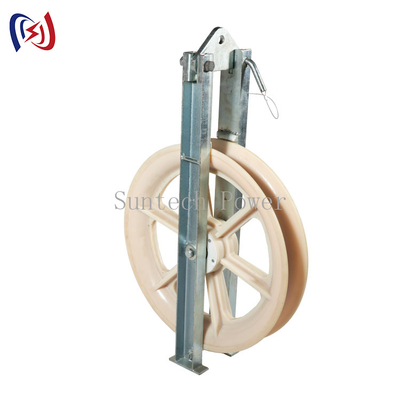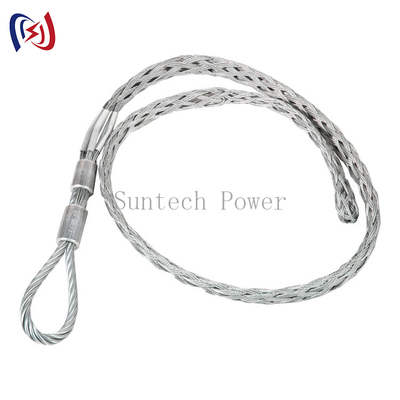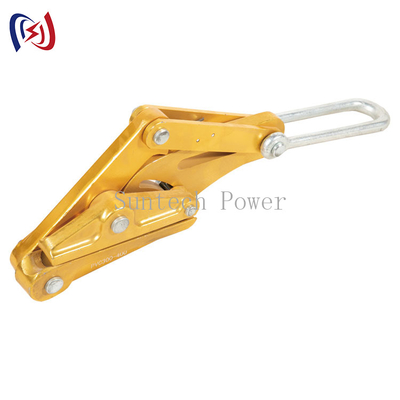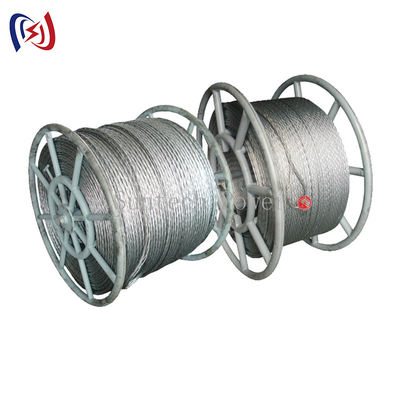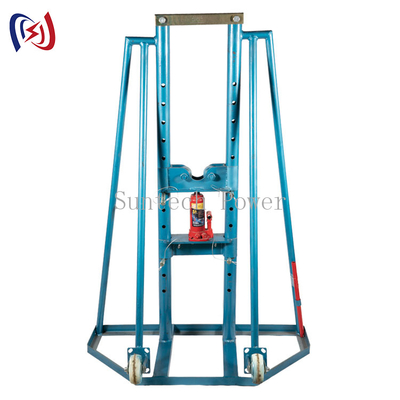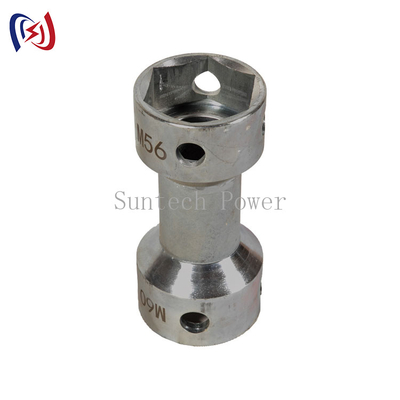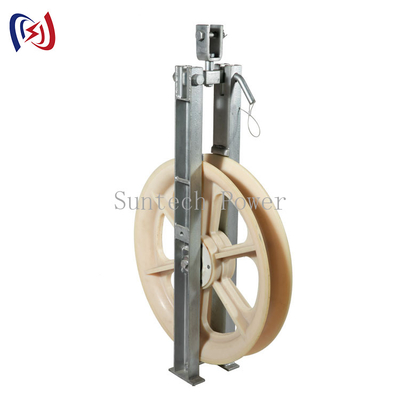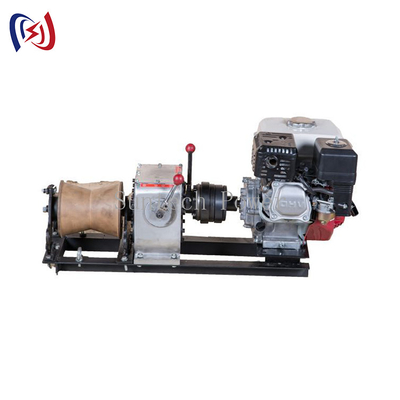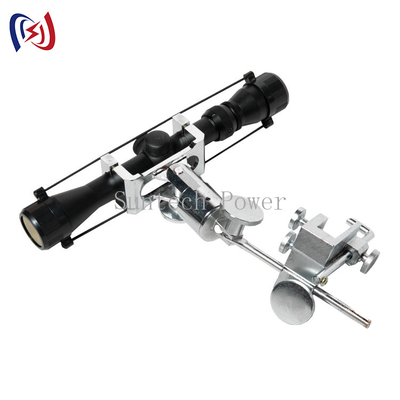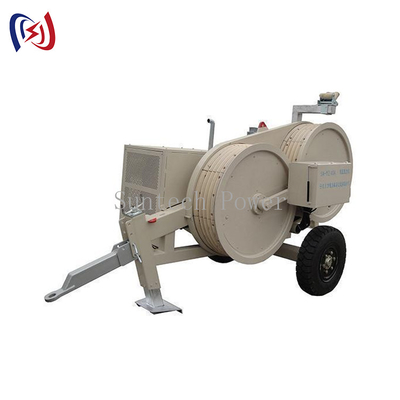Selecting the right power winch can transform daunting tasks—like hauling heavy equipment, recovering stuck vehicles, or managing industrial loads—into manageable operations. But with diverse types, technical specifications, and brands on the market, making an informed choice requires clarity. This guide simplifies the process by breaking down winch types, working principles, and key considerations—all from a practical, non-technical perspective.
1. Understanding Power Winches: Core Principles
A power winch is a motor-driven device that spools a cable (or rope) onto a drum to pull, lift, or stabilize heavy loads. Its core components include:
- Motor: Powers the drum’s rotation (electric, hydraulic, or pneumatic).
- Drum: Holds the cable and winds/unwinds it during operation.
- Gearbox: Converts motor power into torque—critical for heavy lifting.
- Control System: Allows operators to manage speed and direction.
When activated, the motor turns the drum, winding the cable to generate pulling force. Higher torque (rotational force) enables handling heavier loads. For example, a winch with 10,000 lbs of pulling capacity can recover a mid-sized truck.
2. Types of Power Winches: Which Fits Your Scenario?
Winches fall into three main categories, each suited to specific environments and tasks:
| Type |
Power Source |
Best For |
Limitations |
| Electric |
Battery or mains power |
Off-road recovery, light construction |
Limited continuous use; battery drain |
| Hydraulic |
Vehicle power steering |
Heavy-duty industrial/ marine tasks |
Complex installation; needs fluid lines |
| Pneumatic |
Compressed air |
Hazardous environments (e.g., mines) |
Requires air compressor |
Electric winches are popular for versatility and portability (e.g., Jeep recoveries). Hydraulic models excel in marine settings like ship mooring due to relentless power. Pneumatic winches thrive in explosive-risk zones where sparks from electric motors are unsafe.

 Your message must be between 20-3,000 characters!
Your message must be between 20-3,000 characters! Please check your E-mail!
Please check your E-mail!  Your message must be between 20-3,000 characters!
Your message must be between 20-3,000 characters! Please check your E-mail!
Please check your E-mail! 

